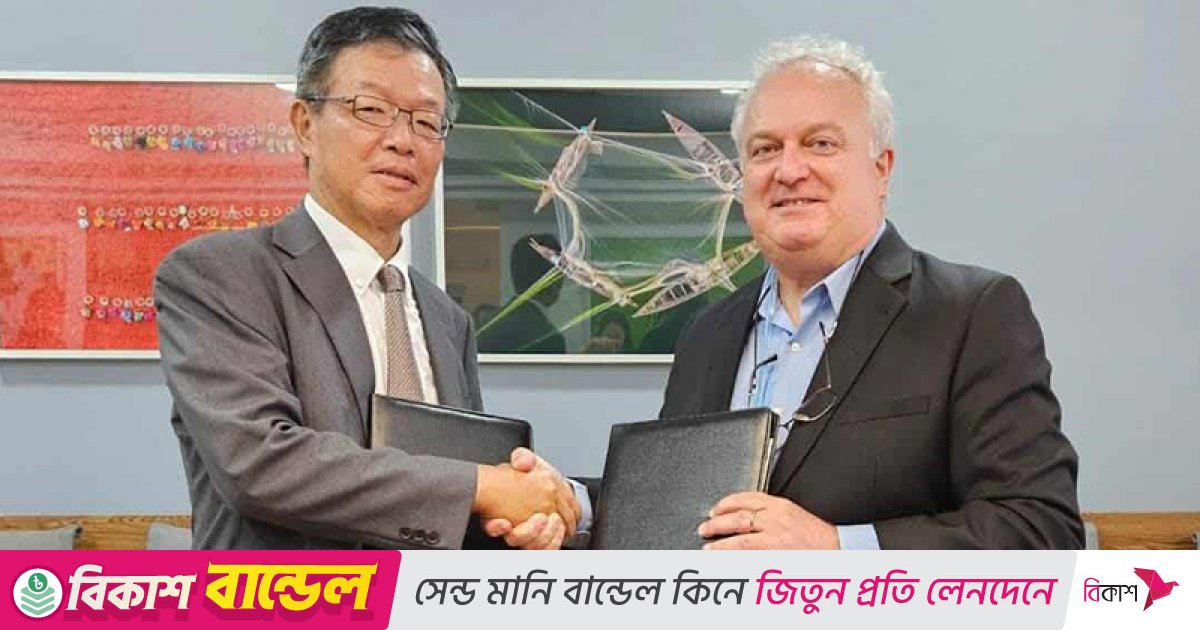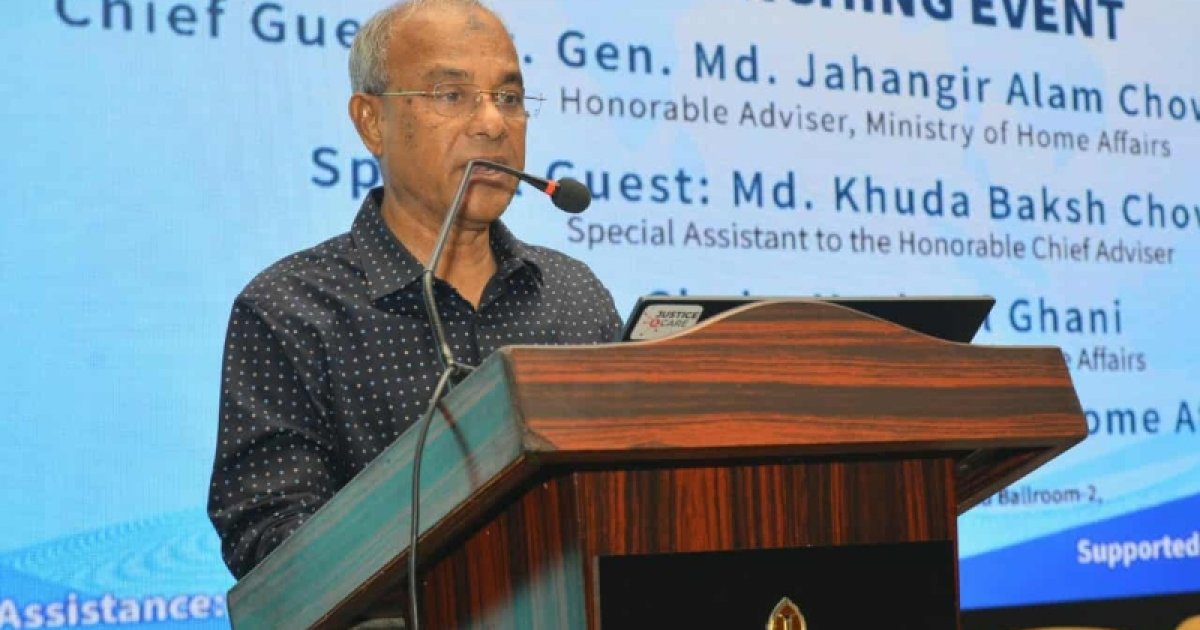Decentralized Communities Can Fix AI Bias
The post Decentralized Communities Can Fix AI Bias appeared on BitcoinEthereumNews.com. Opinion by: Jarrad Hope, co-founder of Logos As AI rapidly scales, humans are left at an ideological impasse on managing this new technology. Either choose to allow governments and companies to dominate how AI is trained and used to create policies that control our lives, or call for new governance models built with a foundation grounded in transparency, regeneration and public good. Network states, digital communities leveraging blockchain to form borderless societies, present a significantly improved approach to harmonizing AI with human well-being. With technology continually advancing the scope of digital augmentation, it’s essential to establish a new category of AI development administration focused on serving people, not power. The bias problem is a data problem and a governance one Today’s generative AI is trained on narrow data sets and governed by centralized actors, such as xAI and OpenAI, with limited public accountability. Training a large language model on a limited data set results in language models that reinforce bias, fail to reflect diverse perspectives and undermine equitable initiatives. Grok, for example, caused backlash for the social media giant because of its extremist responses to certain prompts after an update. Network states can solve this by enabling an organization that grants community governance, allowing for a new approach in training and democratizing AI. Shifting the foundational philosophy to consensus, ownership, privacy and community will mitigate the negative connotations featured prominently in prevailing AI discourse. Decentralized communities within network states would define their goals and data sets and train AI models to align with their needs. Impact decentralized autonomous organizations (DAOs) can help to democratize AI by focusing on using blockchain technology for social good. They could collectively fund open-source AI tools, facilitate inclusive data collection and provide continuous public oversight. This approach shifts governance from gatekeeping to stewardship, ensuring AI…

The post Decentralized Communities Can Fix AI Bias appeared on BitcoinEthereumNews.com.
Opinion by: Jarrad Hope, co-founder of Logos As AI rapidly scales, humans are left at an ideological impasse on managing this new technology. Either choose to allow governments and companies to dominate how AI is trained and used to create policies that control our lives, or call for new governance models built with a foundation grounded in transparency, regeneration and public good. Network states, digital communities leveraging blockchain to form borderless societies, present a significantly improved approach to harmonizing AI with human well-being. With technology continually advancing the scope of digital augmentation, it’s essential to establish a new category of AI development administration focused on serving people, not power. The bias problem is a data problem and a governance one Today’s generative AI is trained on narrow data sets and governed by centralized actors, such as xAI and OpenAI, with limited public accountability. Training a large language model on a limited data set results in language models that reinforce bias, fail to reflect diverse perspectives and undermine equitable initiatives. Grok, for example, caused backlash for the social media giant because of its extremist responses to certain prompts after an update. Network states can solve this by enabling an organization that grants community governance, allowing for a new approach in training and democratizing AI. Shifting the foundational philosophy to consensus, ownership, privacy and community will mitigate the negative connotations featured prominently in prevailing AI discourse. Decentralized communities within network states would define their goals and data sets and train AI models to align with their needs. Impact decentralized autonomous organizations (DAOs) can help to democratize AI by focusing on using blockchain technology for social good. They could collectively fund open-source AI tools, facilitate inclusive data collection and provide continuous public oversight. This approach shifts governance from gatekeeping to stewardship, ensuring AI…
What's Your Reaction?






































